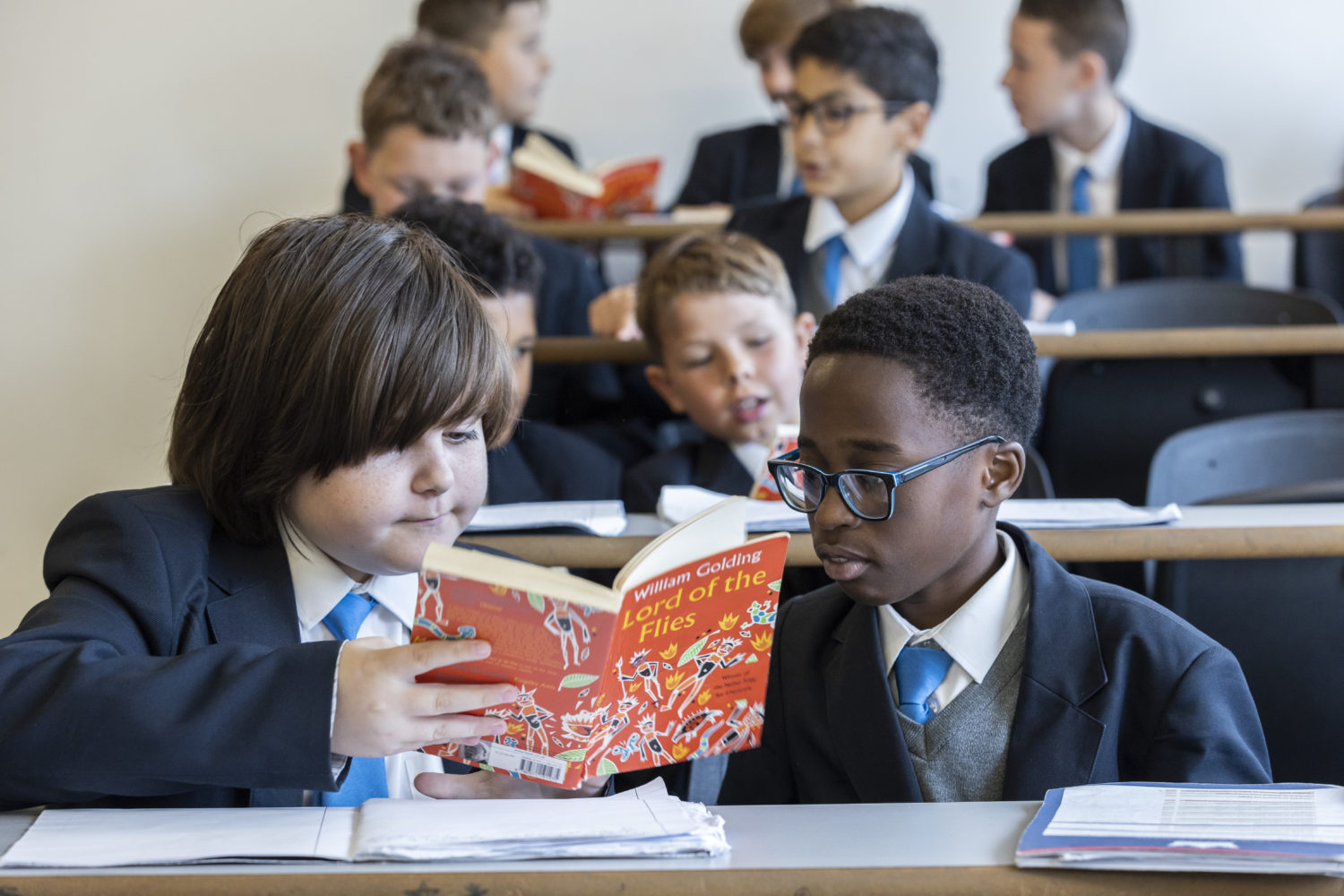Key Stage 3 curriculum
Click on the links below to view the curriculum details for each Key Stage 3 subject:
Leigh Stationers’ Academy is an authorised centre for the International Baccalaureate (IB) Middle Years Programme.
IB World Schools share a common philosophy—a commitment to improve the teaching and learning of a diverse and inclusive community of students by delivering challenging, high quality programmes of international education that share a powerful vision.
We are absolutely delighted to announce that alongside other academies within our Trust we have become an authorised centre for the delivery of the International Baccalaureate Middle Years Programme (IB MYP) School. In this we have become part of the IB World School community, joining over 4,700 schools worldwide in delivering IB programmes.
*Only schools authorised by the International Baccalaureate can offer any of its four academic programmes: the Primary Years Programme (PYP), the Middle Years Programme (MYP), the Diploma Programme or the IB Career-related Certificate (IBCC).
For further information about the Ib and its programmes, visit IBO
What is an IB Education?
Year 7 began the IB programme in September 2018. It aims to develop inquiring, knowledgeable, caring and compassionate young people who help to create a better and more peaceful world through intercultural understanding and respect. Leigh Stationers’ Academy staff are excited to be working with Academies within LAT to ensure that we continue to deliver challenging programmes of international education and rigorous assessment, whilst holistically addressing students intellectual, social, emotional and physical wellbeing.
The International Baccalaureate® (IB) Middle Years Programme (MYP) comprises eight subject groups:
The study of additional languages in the Middle Years Programme (MYP) at LSA provides students with the opportunity to develop insights into the features, processes and craft of language and the concept of culture, and to realise that there are diverse ways of living, viewing and behaving in our wider communities and the world.
Middle Years Programme (MYP) language and literature courses develop skills in six areas:
- Listening.
- Speaking.
- Reading.
- Writing.
- Viewing.
- Presenting.
At the heart of MYP language learning is inquiry, it aims to support students’ understanding by providing them with endless opportunities to independently and collaboratively investigate, take action and reflect on their learning.
Individuals and societies incorporates disciplines traditionally studied in the humanities, as well as disciplines in the social sciences. Throughout the course, students collect, describe and analyse data used in studies of societies, test hypotheses, and learn how to interpret complex information, including original source material. With a focus on real-world examples, research and analysis is an essential aspect of the subject group.
The Middle Years Programme (MYP) sciences framework encourages students to investigate issues through research, observation and experimentation, working independently and collaboratively. As they investigate real examples of science application, students will discover the tensions and dependencies between science and morality, ethics, culture, economics, politics, and the environment through the teaching of Biology, Chemistry and Physics.
Mathematics promotes both inquiry and application, helping students to develop problem-solving techniques that transcend the discipline and that are useful in the world beyond school. The MYP mathematics framework encompasses number, algebra, geometry and trigonometry, statistics and probability. Students in the MYP learn how to represent information, to explore and model situations, and to find solutions to familiar and unfamiliar problems. These are skills that are useful in a wide range of arenas, including social sciences and the arts.
In the International Baccalaureate® (IB) Middle Years Programme (MYP), students develop through creating, performing and presenting arts in ways that engage and convey feelings, experiences and ideas. It is through this practice that students acquire new skills and master those skills developed in prior learning. Students have opportunities to function as artists, as well as learners of the arts.
Physical and health education at LSA empowers students to understand and appreciate the value of being physically active and to develop the motivation for making healthy life choices. Physical and health education focuses on both learning about and learning through physical activity. This help students to develop approaches to learning (ATL) skills across the curriculum. MYP physical and health education courses must engage students in physical education activities for at least half of the total teaching time allocated to the subject group.
At LSA Design challenges all students to: apply practical and creative thinking skills to solve design problems, explore the role of design in both historical and contemporary contexts, consider their responsibilities when making design decisions and taking action, MYP design focuses a holistic design process rather than final products and solutions.
What does my IB MYP Assessment Grade mean?
For each subject group there will be an achievement level breakdown for each of the 4 criteria (A,B,C,D).
Achievement levels across the four criteria are added together creating a total number out of 32. Using the table below, this is converted into an MYP Grade from 1-7 with 7 being the highest.
During the course of the academic year students will be awarded an MYP Interim Grade. At the end of the year an MYP Final Grade will be awarded based on the summative assessments that have taken place during the course of the year.
Please click on the links below for more information.




